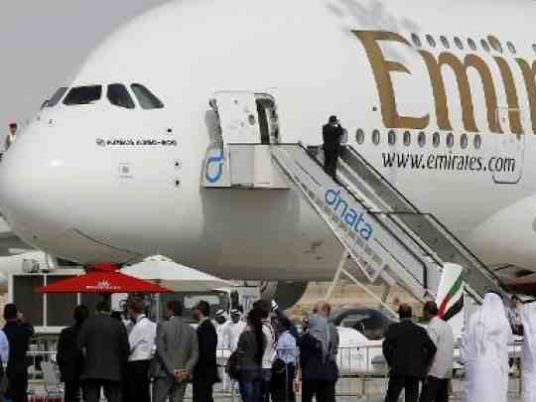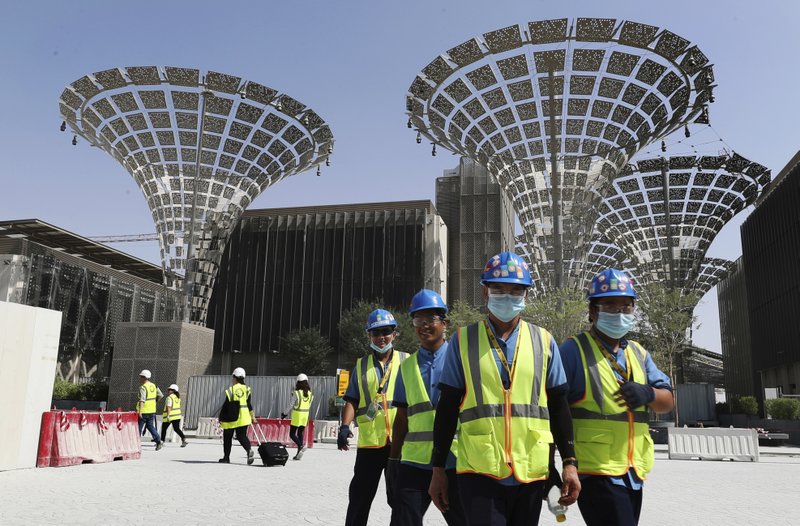
Aviation will account for more than a third of Dubai's economy by 2020, a study said on Monday of the Gulf emirate which has become a major international travel hub.
Oil-poor Dubai has spent years trying to diversify its economy with core sectors now including trade, transport and tourism.
Aviation contributed 27 percent — or $26.7 billion (21.4 billion euros) — to Dubai's gross domestic product in 2013, Oxford Economics said in a report for Emirates Airline and Dubai Airports.
The report said the sector would grow to contribute $53.1 billion — equivalent to 37.5 percent of GDP — by 2020.
"Between now and 2020 the contribution of the aviation sector to Dubai's economy is expected to grow at a faster rate than the economy as a whole," the global research firm said.
An increase in passenger numbers and expansion of Dubai's existing airport capacity will help to drive this growth, the report said.
Dubai International Airport is the busiest airport in the Middle East. It served 66.4 million passengers in 2013, and is expected to host more than 100 million in 2020.
Also ranked among the world's busiest airports, Dubai International has established itself as a major hub linking the West with Asia and Australasia.
The emirate opened its second passenger airport in October 2013. When complete, Al-Maktoum International will handle 120 million passengers annually.
Government-owned Emirates Airline, which is based at Dubai International, carried 44.5 million passengers in 2013, compared with 39.4 million the previous year.
The airline operates the world's largest fleets of Airbus A380s and Boeing 777s, and flies to 146 destinations in 83 countries.

